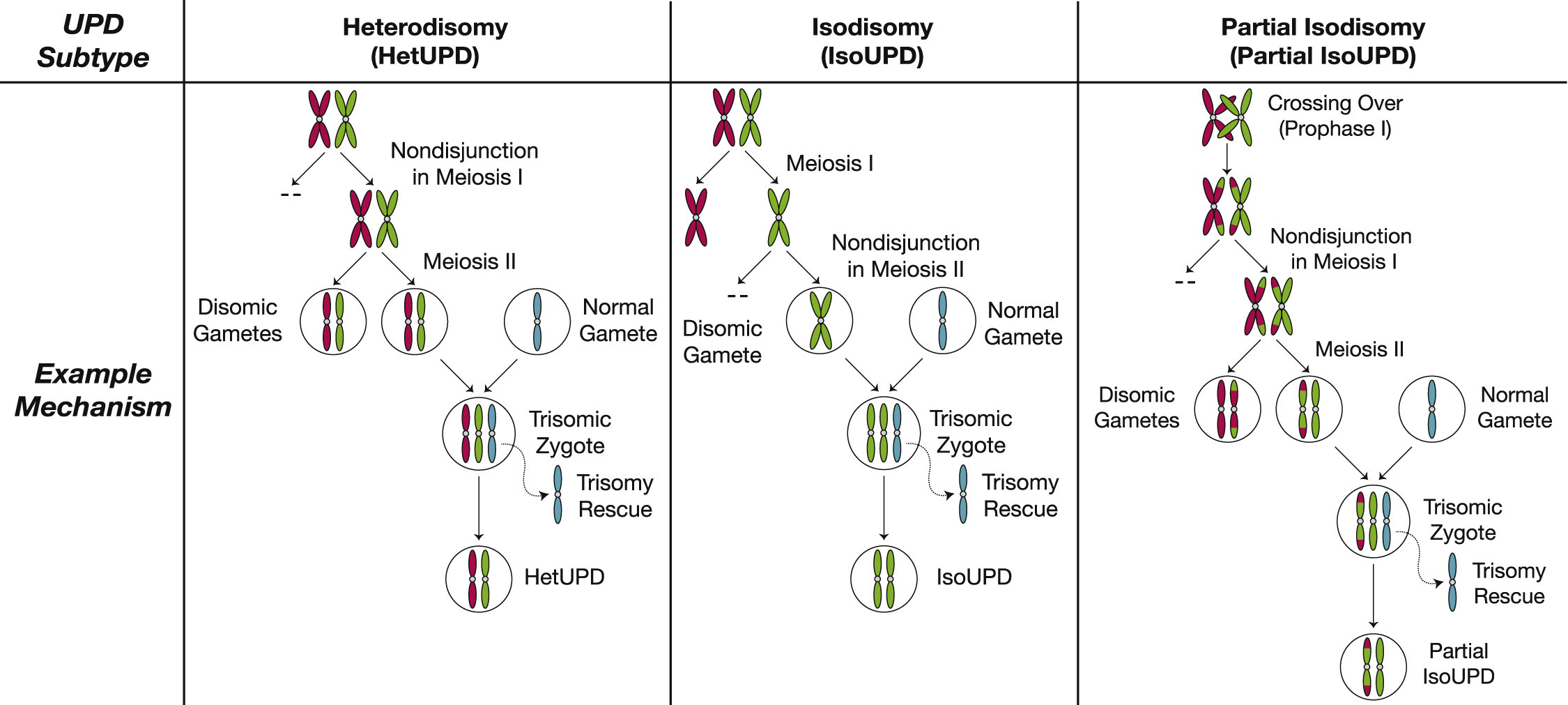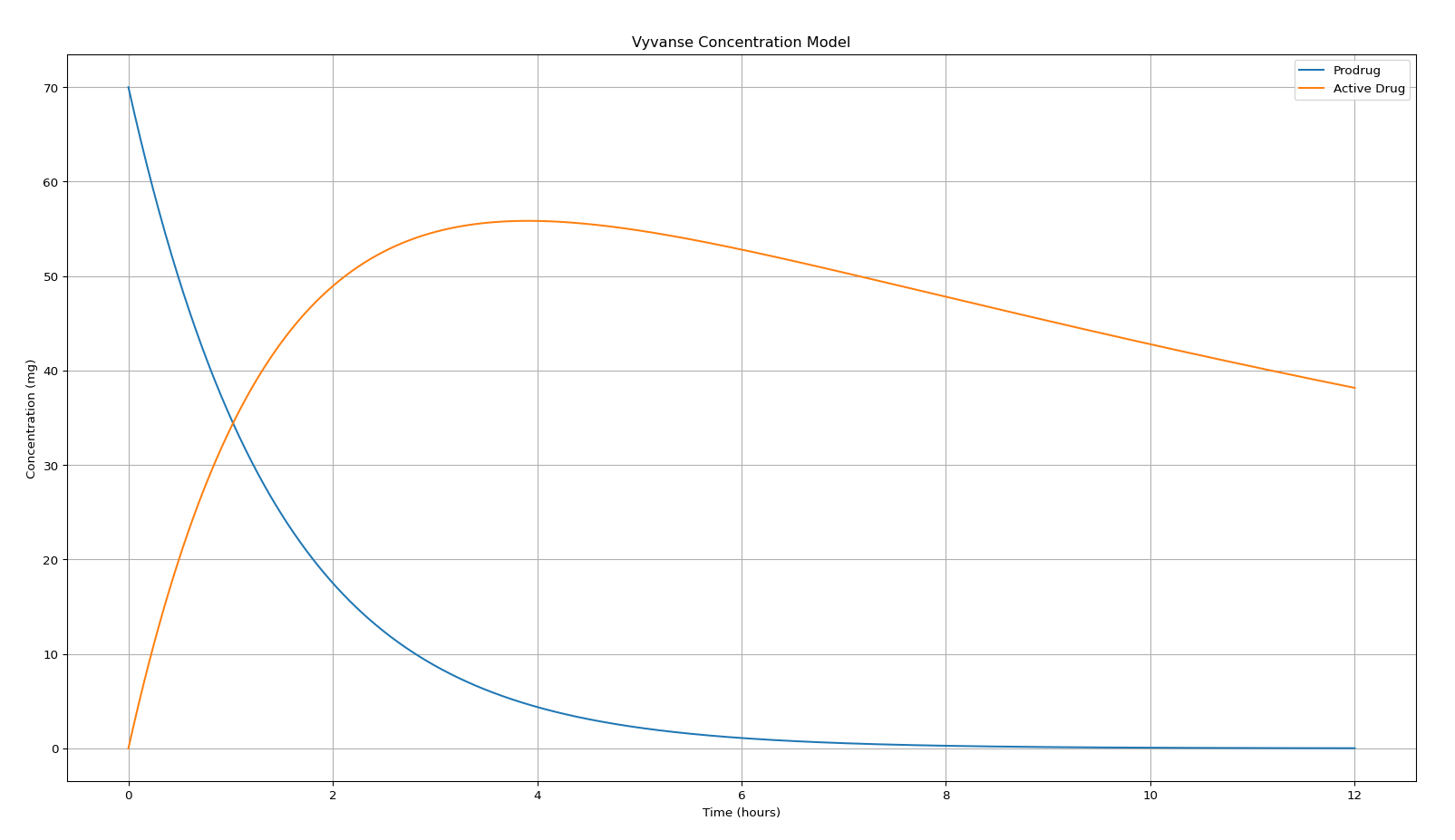Writing Is Hard
It is time that I apply the principle of more dakka and just start writing (or rather publishing) more. I know deliberate practice works for writing. If you want to be good at something, you need to...
It is time that I apply the principle of more dakka and just start writing (or rather publishing) more. I know deliberate practice works for writing. If you want to be good at something, you need to...

This post summarizes some of the research I have been doing for Bootstrap Bio AKA kman and Genesmith TL;DR We currently don’t have a list of all imprinted genes that are important in human...

TLDR We do not yet understand all the genetic imprints that play an important role in early embryonic development. Known imprinting disorders (Prader-Willi, Angelman, etc.) however, do seem to cover...
If legibility of expertise is a bottleneck to progress and adequacy of civilization, it seems like creating better benchmarks for knowledge and expertise for humans might be a valuable public good....
I went through Gwern’s posts and collected all the posts with priority 8 and higher as of 2024-09-04 in case someone else was searching for something like this. 10 How Often Does...
Today I switched my blog away from lazyblorg. While I really liked the philosophy and the fact that I could just write a blogpost anywhere in my org files, I had become frustrated with all the...

Things I learned that surprised me from a deep dive into how the medication I've been taking for years (Vyvanse) actually gets metabolized: It says in the instructions that it works for 13 hours,...
After watching this excellent video on more advanced and new things in git, I decided to setup signing my git commands through ssh. That is easily done through: ssk-keygen -f ~/.ssh/git git config...

TLDR: I looked into how much it would take to fine-tune gpt-4 to do Fermi estimates better. If you liked the post/paper on fine-tuning Language models to make predictions you might like reading this....

While there is currently a lot of attention on assessing language models, it puzzles me that no one seems to be independently assessing the quality of different search engines and recommender...
Imagine I am paying you \$5 to guess what subject I was studying at university. It might help for you to make a guess right now! It might be even more helpful to note down what information you...
Things I learned from exploring the data on ourworldindata.org india is about 9 Germanies the fact that the median age for the majority of human history is actually super young is something that...
Today I tried remapping the Fn-key on my keyboard after my Ctrl-key stopped working reliably (I suspect it's a hardware issue). While I first suspected this to not be possible at all, because a lot...
Inspired by Gwern's article on Google search. I set up a Scratch window in i3, so now I have gpt4 just 2 simultaneous keypresses away. I feel like it is really nice to use GPT-4 to ask it about...

It turns out the \"wobbly table theorem\" is less of just a math curiosity than I thought. The \"wobbly table theorem\" essentially says (ignoring caveats and different variants) that if you have a...
Two weeks ago, I've been dissatisfied with the amount of workouts I do. When I considered how to solve the issue, my brain generated the excuse that while I like running outside, I really don't like...
Electronics Thinkpad E15 Pixel 4 Stationery Lamy Safari (nibsize EF) Twsbi eco (nibsize F) uni-ball signo 307 Software Operating system: regolith Package Management: Nix +...
This document is for small ideas similar to the lw shortform feature Keyboard shortcuts are great. But figuring out how to set them well for applications or across applications I care about is...
2023-04-10-causalDiscovery Experimenting with Causal discovery algorithms (draft)¶ In [1]: import pandas as pd import matplotlib.pyplot as plt import seaborn as...
Today I finally took the time to figure to the YASnippet Emacs package to create a template for my new blogposts. Turns out there was not a lot to understand. To create a new template you run...

Today I want to show you the amazing device that ran my life for...3 years? It's this smart watch: The specific model is the ZGPAX S8. My father got it gifted at a conference and gave it to me after...
Right after creating my blog with Lazyblorg, I had a hard time using Emacs to write my Blogposts instead of just using the markdown editor on lesswrong. Truth is Emacs isn't the perfect writing...
While I enjoy journaling in Emacs and, asking oneself the same questions every day becomes boring for me really quickly. My new solution is to give myself a random prompt from a list of nice...
If you are in high school and struggle with decision-making, please don't take this too seriously. If you're into EA maybe apply for 1-1 advice here? Choosing a university without knowing what...
I recently stumbled upon this episode of the future of life institute podcast on \"the nature of reality\" and keep coming back to thinking about it. I am still not sure whether to take this whole...
Today I finally managed to get a blogging setup with orgmode working. This has honestly been one of my more stressful projects so far. According to my timetracking data, I have spent at least 26...
2021-09-14-bachelorTime Investigating variation in proportion of students who finish there bachelor in time by university¶ This isn't actually meant to be read by...
2021-01-30-sp500 Will the S&P 500 go above index 3800 by March 1st 2021?¶ So most of the time when I make predictions, I'll spend a couple of minutes trying to come...